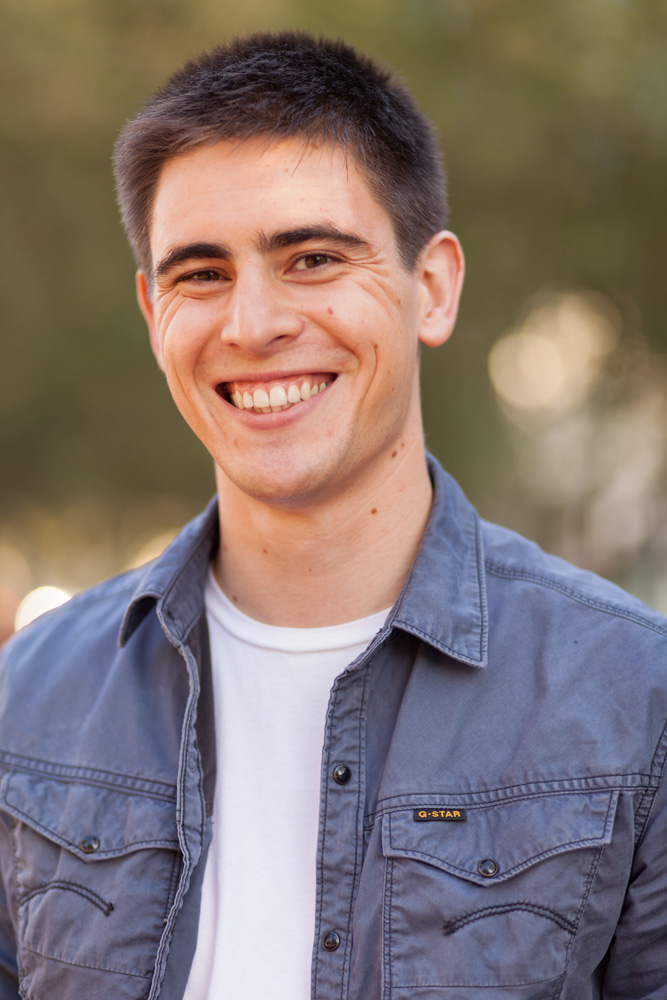
Interview
What is your current research?
I study various quantum phases and phase transitions in electronic systems. Just like the different phases of familiar materials — solid, liquid, gas, etc. — there can be different arrangements of electrons in quantum systems that lead to phases with a wide range of different properties. My research falls into the field of condensed matter physics, which studies collective behavior of many-particle systems, usually at low temperatures. In many of these systems, electrons cannot move freely, like atoms in a gas, but are subject to severe constraints, for example from Coulomb repulsion. To accommodate strong interactions, the electrons must act collectively and may form phases of matter very different from familiar metals or insulators. Additional constraints on the motion of electrons are imposed by symmetries such as the ones set by the structure of the underlying crystal. Satisfying the demands of both symmetry and interaction requires the electrons ‘to be creative’ which may result in truly exotic properties, such as systems where electrons get stripped of their charge but otherwise maintain their integrity. Lately, a lot of research — much of it at Caltech — has focused on systems with a third kind of constraint on the motion of electrons: topology. Since coming to IQIM, I have studied systems that mix all three of these ingredients together. You can get an abundance of fascinating things that you would never really have thought of before.
What drew you to this work?
What really pulled me into this field — and is keeping me here — is the emergence of complex behavior from just a small number of ingredients. I just love that you can have what looks like such a simple system — a crystal with electrons — and it seems like nothing much can happen, right? But it turns out that because electrons interact, a crazy number of things can happen. New kinds of behaviors are constantly being discovered by theory or experiment, and that keeps this field very dynamic and exciting. This is mostly fundamental research, but in many cases there are connections to exciting applications which are being explored at IQIM. It’s a nice place to be to keep track of everything that’s going on outside my own research, and the atmosphere on campus is amazing.
What do you do when you’re not doing physics?
When I’m not working on theoretical physics, I like to put my energy into athletic activities, and I like going to the campus gym after work. My favorite sports is cycling and living in Pasadena is really ideal for that. The weather is great and we have these beautiful mountains so close to us. I take my road bike up there for a longer ride almost every weekend.